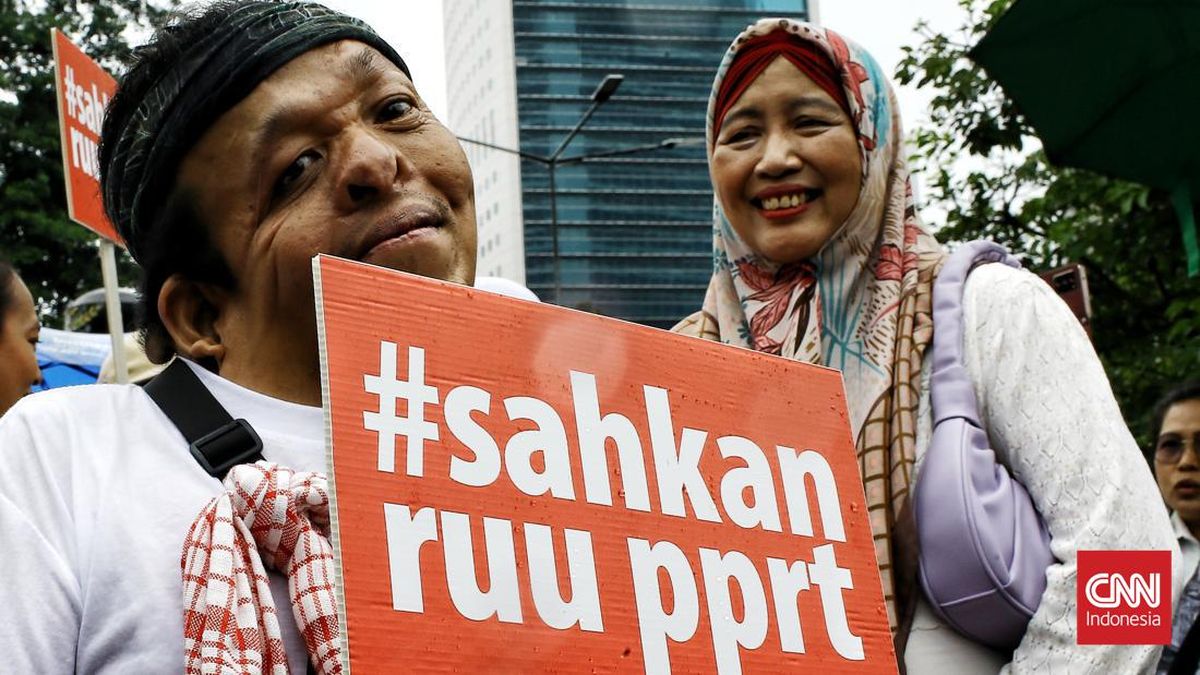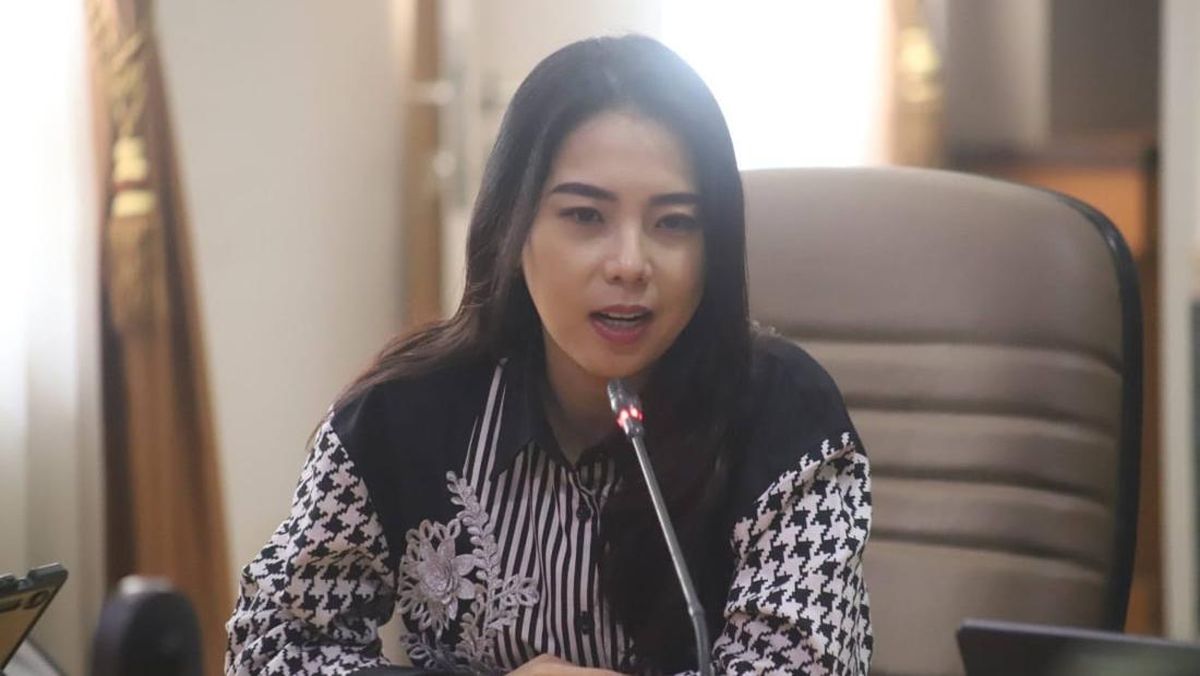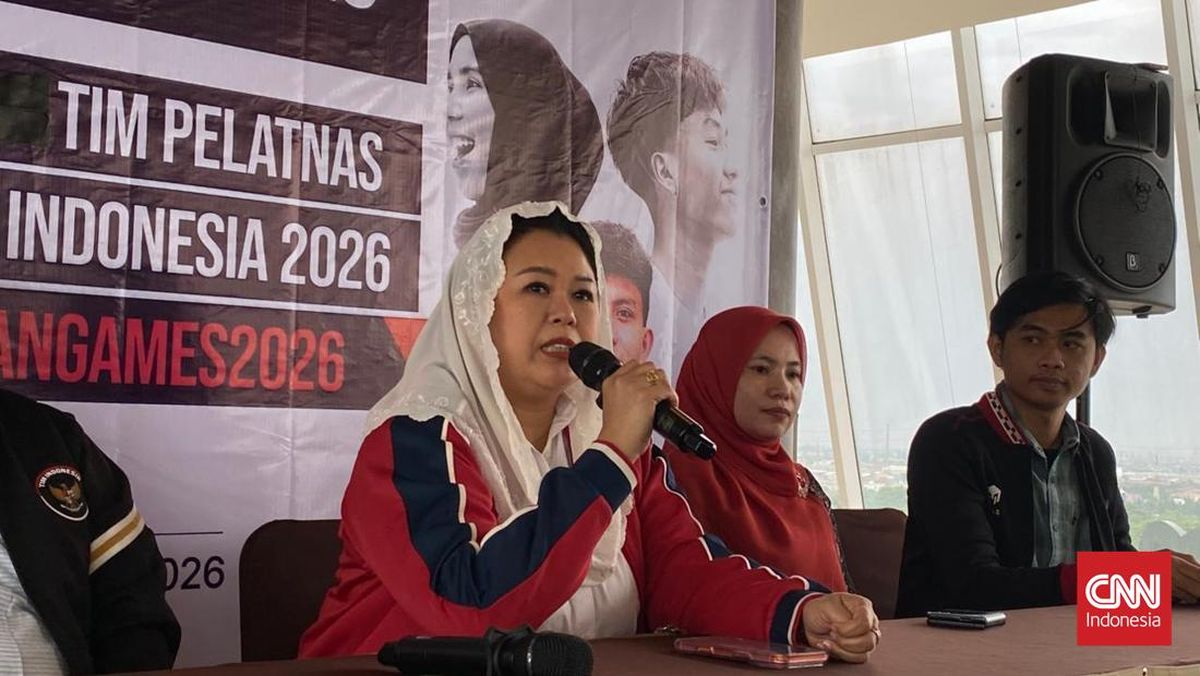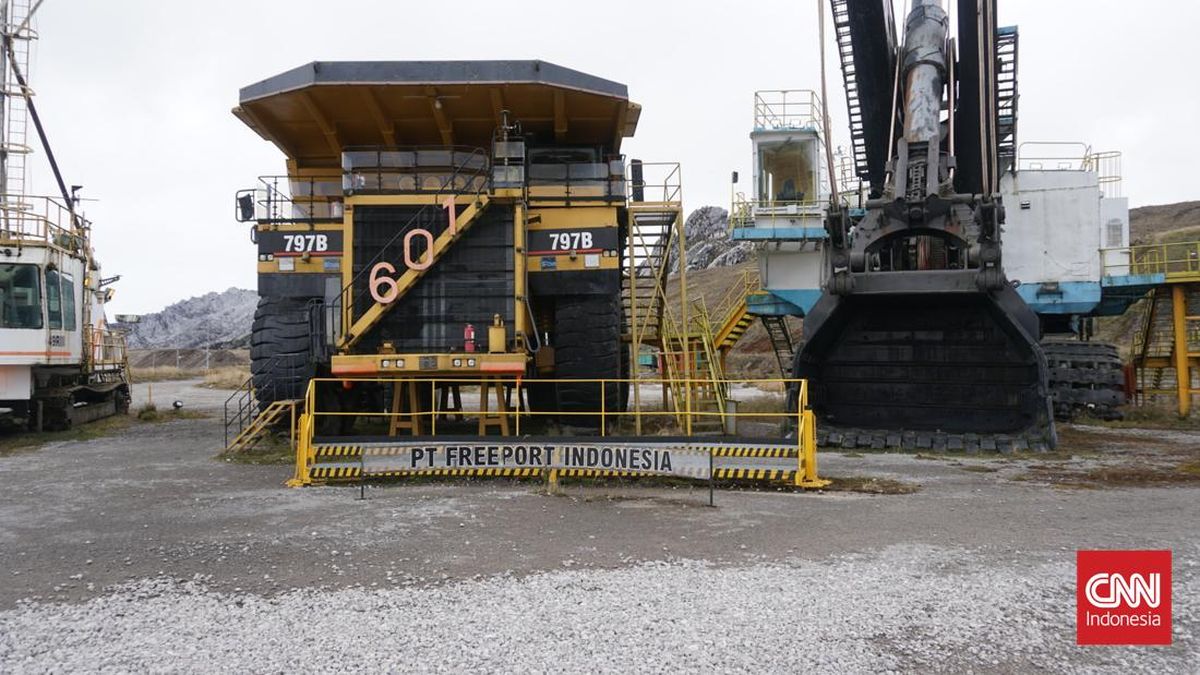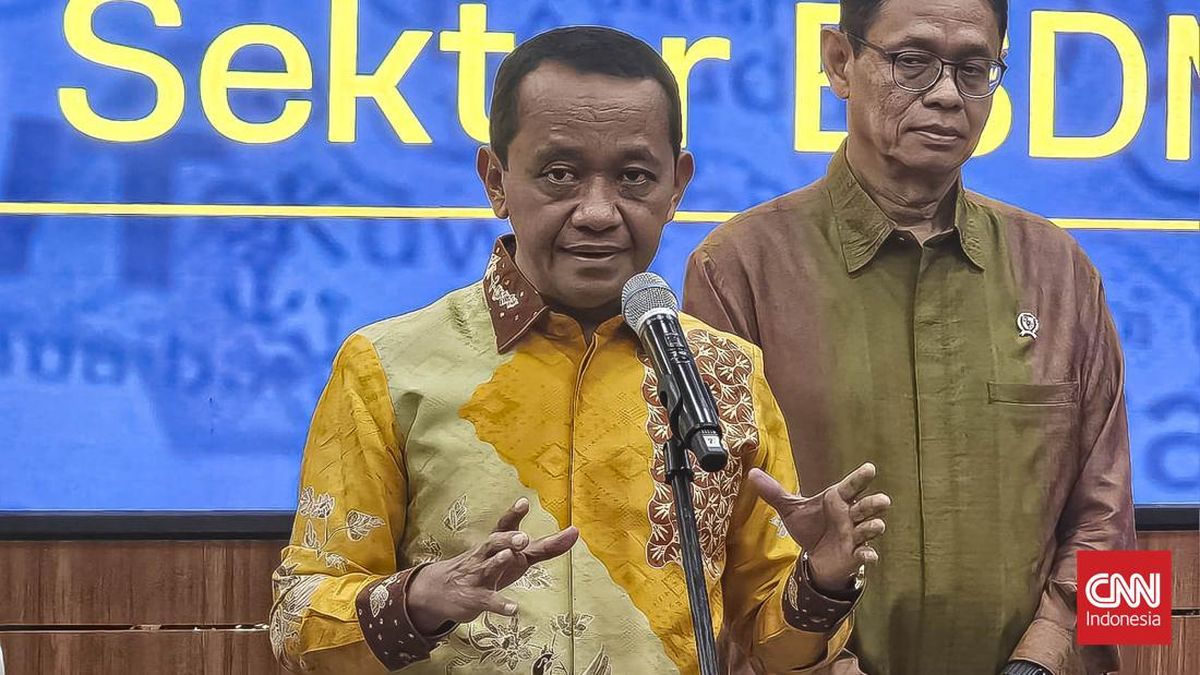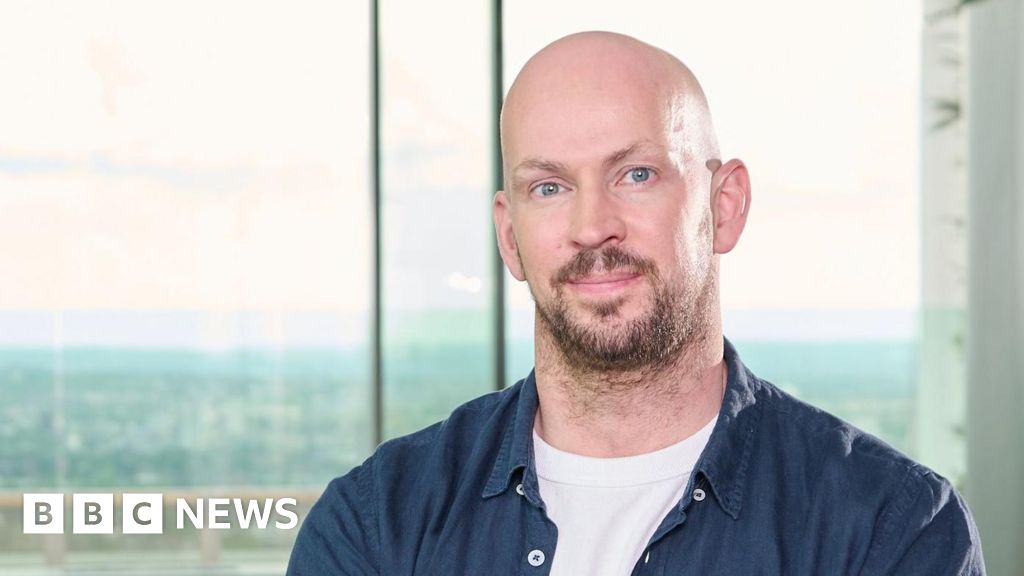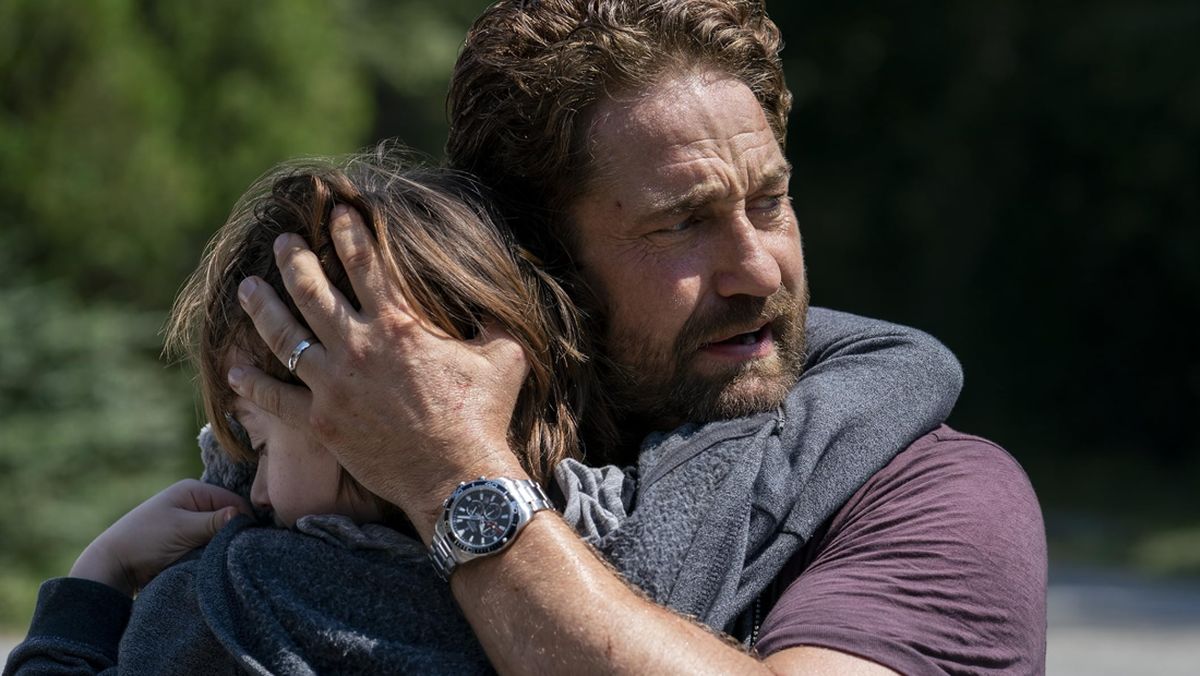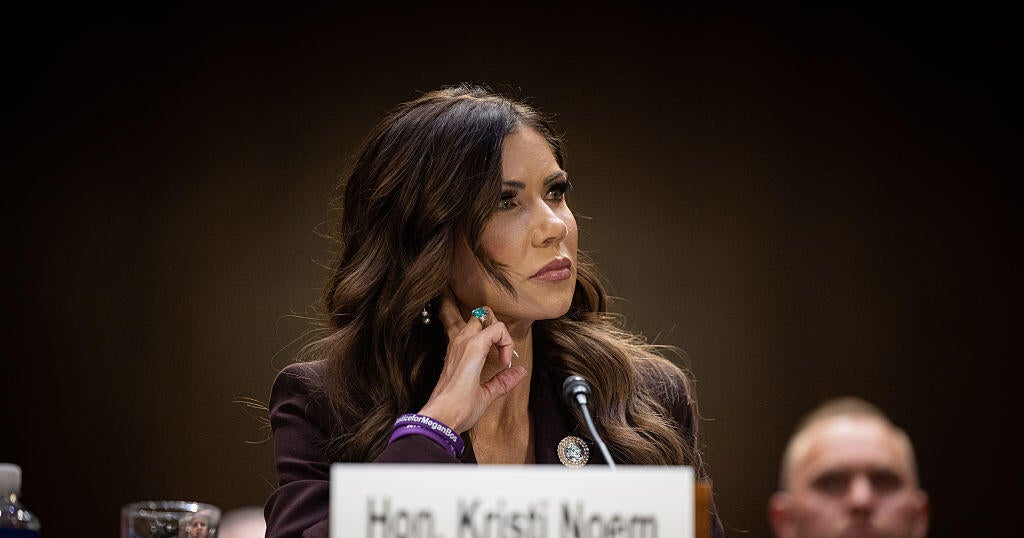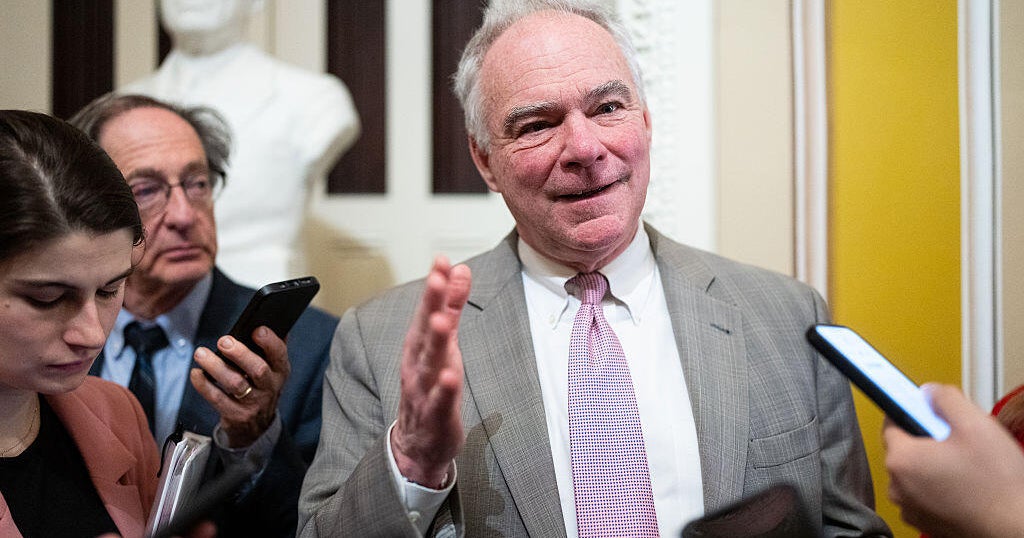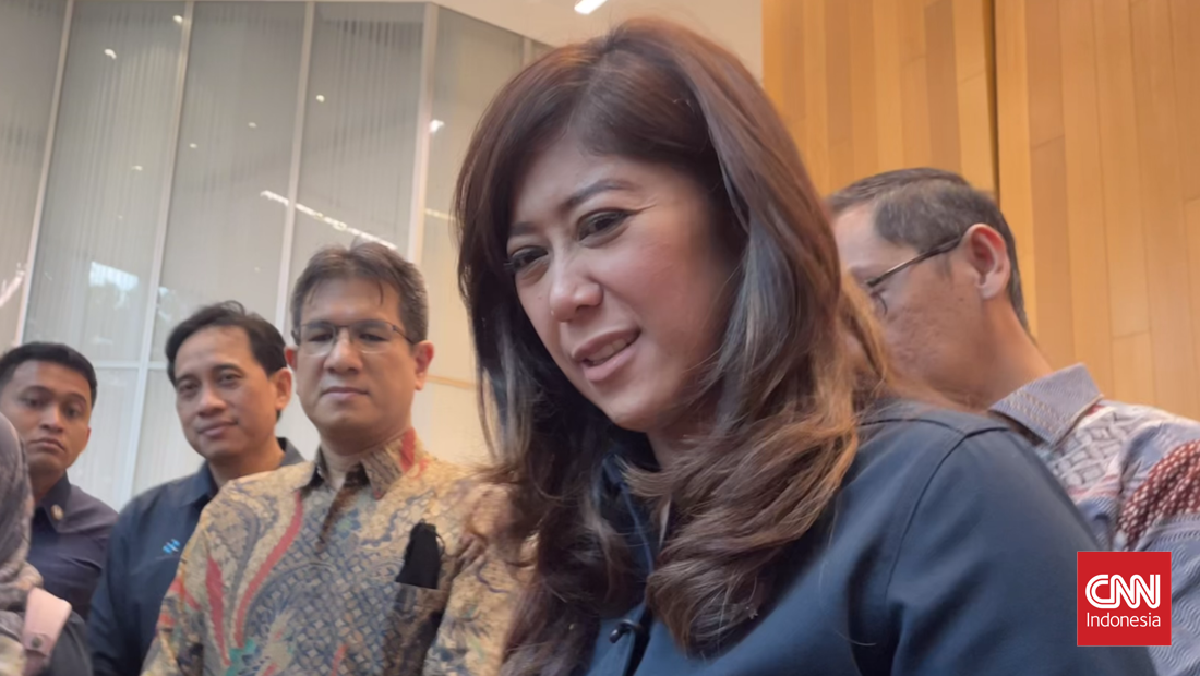Gail Connolly was a local council hero. She exposed corruption at a newly amalgamated council. She served in a leading position at the Office of Local Government. And she was hand-picked to lead the City of Parramatta council.
Then she was sacked, barely halfway through her contract, at a confidential late-night council meeting. It followed months of mounting tension between her loyalists and those who wanted her gone after a string of crises at the council, including a damning Supreme Court judgment that found she withheld key documents from elected officials. Councillors could be heard shouting at one another across the room.

Gail Connolly was chief executive of the City of Parramatta council before being sacked in October.Credit: Sitthixay Ditthavong/Graphic: Monique Westermann
Being a council chief executive is a perilous job. They’re non-political, but serve at the mercy of politicians. They’re highly skilled but support councillors who are often amateurish. They’re highly paid but serve a level of government that is increasingly broke. If they displease the elected councillors, they’ll be sacked.
In a sector littered with discarded CEOs, Connolly was a survivor.
She was never elected to office. Her name never appeared on a ballot and she never handed out a flyer. But in her two-and-a-half years on the council, the 57-year-old had emerged as a public figure, attracting the kind of fierce adoration and disagreement reserved for the most polarising of politicians. She was quoted in council press releases and appeared on panels and podcasts.
Among staff, she was both respected and feared, nicknamed for what it felt like to be around her: gale-force winds. “I have been described as scary. I like to say passionate, rather than scary,” she told a town planning podcast this year.
Vulgar talk was common. She publicly quizzed employees about their marital status and the celebrities they “lusted after” as teenagers. On the same podcast, she described a plan to reinvigorate the struggling Rosehill-Camellia precinct as “a town planner’s wet dream”. The podcast host didn’t know what the phrase meant, and later in the episode Connolly apologised.
Top career to crisis
Connolly has risen quickly through senior positions in her nearly 30-year career in the local government industry at the City of Sydney, Campbelltown City Council, the Department of Planning, Transport for NSW, the City of Gold Coast Council, Ryde Council, Georges River Council and the Office of Local Government.
At Georges River Council, she faced the near-impossible task – which she compared to being drafted into the army and deployed into war – of amalgamating two toxic councils and was awarded with a Public Service Medal for her work.
It was here she rose to prominence for her reporting of councillors Con Hindi and Vince Badalati to the ICAC, which found them and others corrupt.
But for all her past success, Connolly’s tenure at Parramatta became defined by intense controversy. Days after she was appointed, a senior executive expressed concerns about “irregular negotiation practices” in a lengthy dossier sent to the Independent Commission Against Corruption (ICAC), but the report never progressed.

Lord mayor Martin Zaiter (seated top left) voted to sack Connolly in October.Credit: City of Parramatta
The crisis began in earnest when the Herald revealed in July that the council had spent almost $5.24 million of ratepayers’ money removing 81 staff in four years, with 30 of them signing non-disclosure agreements. The information was obtained via a freedom of information request after the council refused to answer councillors’ questions about the payouts.
In her two-and-a-half years at the City of Parramatta, where she was on a $540,750 salary by the time she left, Connolly oversaw renewal of the council’s executive team, primarily through new hires. Two of the four new executives were colleagues from previous councils.
Loading
Also in July, the ICAC raided the council’s offices, seizing the mobile phones of senior staff. (It is not suggested that Connolly was the subject of the raid or was being investigated.) The agency seized the mobile phones of senior staff.
Crisis management complaints
In October, it was revealed Connolly made a series of inappropriate remarks at several all-staff meetings. At the time, Connolly declined to comment on the matter, but on a Saturday afternoon two days after the story was published, an email arrived in the inboxes of the Herald’s senior management.
It was from Todd Hayward, a one-time media adviser to Labor premier Morris Iemma and now a communications consultant whose website says he specialises in “crisis and reputation management”. He was demanding the newspaper’s management investigate the conduct of this reporter two-and-a-half months earlier, when asking questions of Connolly as she drove out of the staff offices and down the road the day after the ICAC’s visit.
Hayward declined to say who he was representing, only that he’d been asked by prominent business figures to assist. In later emails, which he also sent to multiple senior Herald reporters, he said he was assisting Connolly “at the request of former political and business colleagues” and that there was no fee agreement.
Hayward did not answer questions about whom the “former political and business colleagues” were when contacted by phone for comment.

Communications consultant Todd Hayward sent a series of emails to the Herald’s senior management and reporters.Credit: Telamon Consulting
“I’m not Ms Connolly’s spokesperson, mate,” Hayward said. “I’m helping her with the matter where you menaced her, and you threatened and intimidated her.
“Ask what you like. I’m not answering your questions because you are, mate, so far out of order it’s not funny.”
Connolly did not directly respond to a request for comment, but lawyers for the executive said she had “grave concerns” that she was contacted for comment by using her personal email address without consent.
“Ms Connolly is immensely proud of what she achieved at the council over the past two-and-a-half years. She has acted with integrity and consistent with legal advice and her statutory obligations at all times,” lawyer Rosemary Marando wrote.
“Ms Connolly continues to encourage public servants to speak out on issues such as inappropriate behaviour and corruption, for the health of the local government sector and local communities.
“Ms Connolly will not otherwise be responding to your questions.”
Divisions remain
The strength of Connolly’s influence on the council is most visible when looking at how the chamber voted on her dismissal and on other matters: instead of being split solely on party or ideological lines, councillors broadly group themselves in terms of their support for Connolly.
Close to a month on, divisions remain. At a council meeting on Monday, Labor councillor Patricia Prociv, a long-time supporter of Connolly, will move a motion to recognise the former chief executive’s achievements on the council, and will list 81 awards the council won during her tenure. Among the accolades listed are the Dulux Colour Awards, which the paint company presented to the council to celebrate the “excellent use of colour” on a building built before Connolly’s arrival.
Prociv said Connolly’s contract had been “terminated without reason” and was concerned the firing had created an “environment of fear” for council staff, who could be afraid they’d face a similar fate – despite the chief executive being one of the few employees with a contract that allows for instant dismissal.
“It can happen to anyone. If it can happen to the CEO, then it can happen to you,” she said. “The ramifications go beyond what happened on the floor of the chamber.”
The Sydney Morning Herald has opened a bureau in the heart of Parramatta. Email [email protected] with news tips.
Most Viewed in National
Loading


